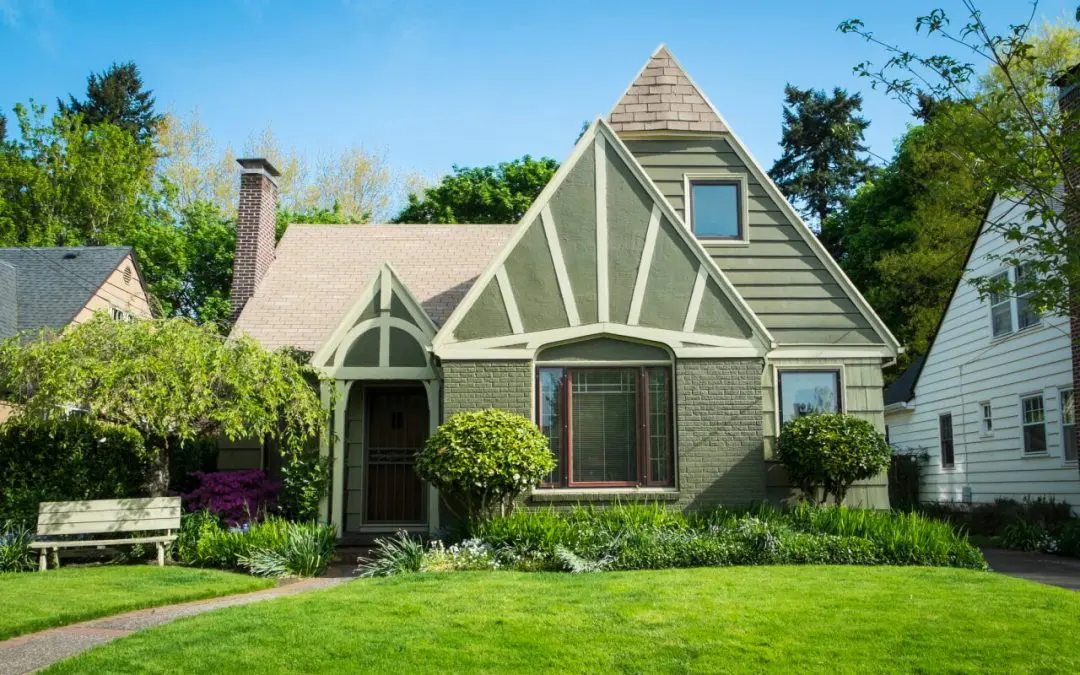Older homes have a lot of character, but they also come with their fair share of challenges. If you’re considering buying an older home, there are a few things to consider before making your decision. Here are the pros and cons of purchasing an older property so you can decide which is the best investment for your family.
When purchasing a home, many people gravitate towards newer builds. However, there are plenty of reasons to consider an older home. Older properties often have more character and charm than their contemporary counterparts. Older homes may also be in more established neighborhoods. But before you buy an older house, you should keep a few things in mind.
The Pros of Buying an Older Home
More Character and Charm
One of the most significant advantages of buying an older home is that they often have more character and charm than newer homes. Older homes were designed and built when craftsmanship was highly valued, and as a result, they often feature intricate details that you don’t see in new properties. From detailed moldings to beautiful hardwood floors, older homes tend to have more personality.
More Established Neighborhoods
Another advantage of buying an older home is that they’re often in more established neighborhoods with mature landscaping. If you’re looking for a community with large trees and well-maintained homes, you’re more likely to find it in an older neighborhood than in a brand-new development.
Potential for Sweat Equity
Older homes also offer the potential for sweat equity. If you’re handy and not afraid of a bit of work, you can often find older homes that need a little TLC to reach their full potential. You can turn an old fixer-upper into your dream home with some elbow grease and a small investment. Just be sure to factor the cost of any necessary repairs into your budget before making your purchase.
The Cons of Buying an Older Home
Buying an Older Home May Mean Outdated Systems
One of the most significant disadvantages of buying an older home is that they often come with outdated systems like electrical, plumbing, and HVAC. These obsolete systems can be expensive to repair or replace, so be sure to factor that into the purchase price when creating a budget for purchasing an older home.
Lead Paint and Asbestos
Another downside of older homes is that they may contain lead paint or asbestos insulation, which can be hazardous to your health if not properly remediated. If you’re interested in an older home, hire a professional to test for lead paint and asbestos before making your final decision.
Difficult-to-Change Floor Plans
Older homes often have floor plans that can be difficult to change due to construction methods. If you’re looking for an open-concept layout or want to remove load-bearing walls, you may not have that option with an older home. It’s important to consider how easily you’ll be able to make changes to the floor plan before purchasing an older property.
Owning an older home has pros and cons, so it’s essential to order a home inspection to understand the home’s actual condition before making a purchase. Be sure to factor in the cost of necessary repairs or updates. With that said, older homes offer plenty of advantages, including unique features, established neighborhoods, and the potential for the property to be an excellent investment. Weigh the pros and cons carefully to decide if purchasing an older home is right for you.
Homesmith Home Inspections provides inspections to home buyers and sellers in the Houston, Texas area. Contact us to schedule our services.

